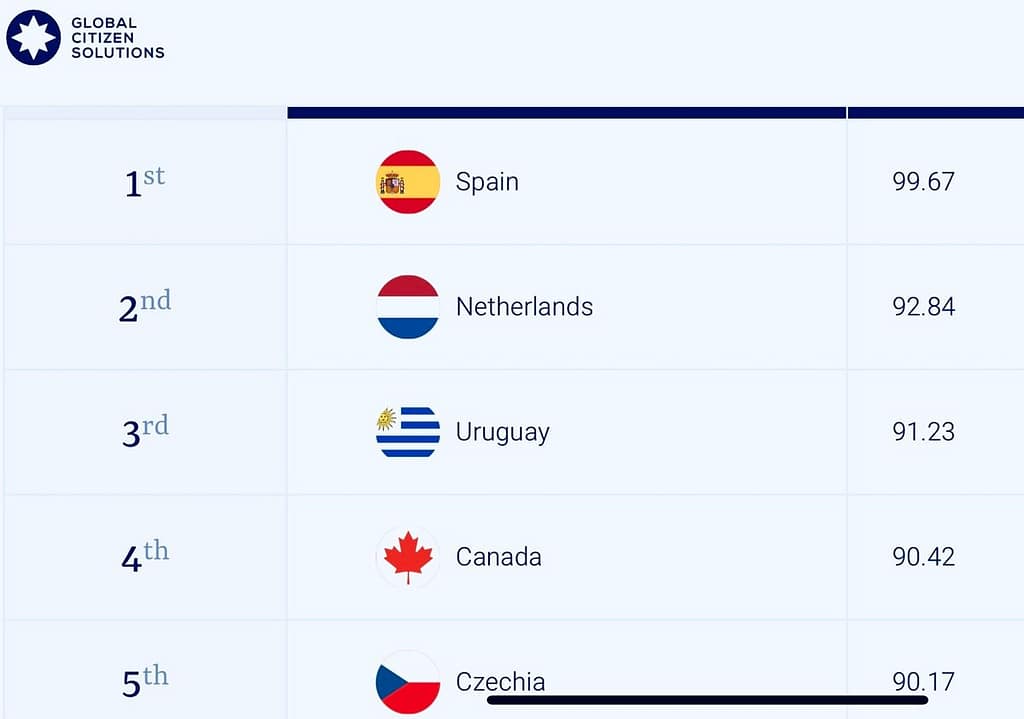New report: Spanish digital nomad visa is best in class
“Quality of life is one of the strongest drivers for digital nomads when deciding where to live and work.”

Are you exploring opportunities to work abroad? Or looking for best places in Europe for remote jobs?
If so, you’ll certainly want to find out why Spanish digital nomad visa has just been named the premier solution for remote workers in 2025.
In recent years, the rise of remote work has transformed the landscape for professionals seeking flexibility in their careers. Which, in turn, resulted in an explosion of interest in those countries and locations that offer the best opportunities for remote workers.
Not surprisingly, this heightened attention has triggered a variety of reports, reviews and lists attempting to evaluate which destinations provide the best possible opportunities for remote work.
Among the latest is the 2025 Digital Nomad Report produced by Global Citizen Solutions (GCS), an authoritative firm specializing in investment migration and relocation visa issues.
According to the report, Spain earned an impressive overall score of 99.67. What’s no less impressive, on the list of ‘Top 10 destinations for digital nomads in 2025’ Spain outranked such popular digital nomad visa countries in Europe as the Netherlands, Czechia, Portugal, France, Germany, and Malta.
Spain Ranked #1 among 64 Digital Nomad Visa Countries

As a result of a rapid expansion of national programs for remote workers over the past five years, there’s now a large number of digital nomad visa countries.
That’s a great thing, no doubt: If you’re tempted by the prospects of remote work abroad you have lots of attractive places to choose from.
Spain stands out as a premier destination for digital nomads, ranking among the top 10 in the Quality of Life Index but also offering one of the most favorable legal frameworks for long-term integration.
Geography of Remote Jobs in Spain: Great Finds by the Beach

For professionals interested in remote work abroad, one of the common concerns revolves around this issue:
Do I need to stick around the largest cities to get all the benefits of top-notch internet connectivity and cosmopolitan lifestyle and easy access to beaches, nature, and outdoor activities?